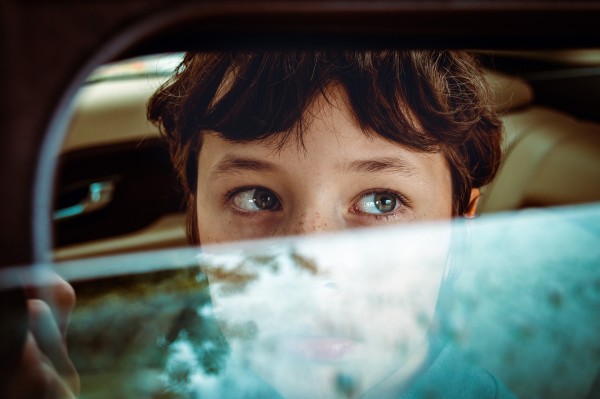
Telephone calls in the middle of the evening are never good. Neither is the one when you say “Hi,” and your kid is crying on the other end. Your heart instantly drops because you are afraid and know they are hurting. That was my practice anyway when I got a call from my child after her first car accident.
It’s your child driver who sounds terrified and tense.
Of course, you are troubled since they have been out of home way past their evening time. As any other mother says, “nothing great happens at night.”
You couldn’t recognize more and your teen proves what you were thinking: “Mom, I’ve just had an accident.”
Awestruck, you don’t understand where to begin and your mind and emotions are triggering the most harmful sensations you don’t wish any mother to go through.
Though the initial thing you need to ask is whether or not your teen is feeling ok, when it gets down to it, you can restore a car any time, but your kid cannot be.
Is it your teenager’s first car event?
As we live only once, your teen driver should understand how much you care about their protection. Constantly make sure they get the information, mostly because teenagers aren’t ready to confront life requests the way you do.
Some parents start patronizing their children by blaming them for their activities, which does nothing to solve the query.
Like any other parent, your purpose is to remind your teen how crucial it is for you to know they are safe above anything else. Keep it as a way.
Once you understand your teen driver is ok, it’s time to gather data by asking them where the event happened and plan to meet them there.
Anything that occurs afterward will depend on the characteristics of the accident, not to mention that you must be guaranteed to be able to afford severe injuries or property losses given the details.
This position will be a lesson to continue to your parenting life. If you haven’t discussed it with your teen yet, it will make more sense to start discussing crashes and how to manage them cautiously.
You are apparently more inclined to shut it out, move on, and hope that nothing related happens ever again, but your position as a father is to address the problem by setting a list of items that need to be taken in the event of a different accident.
Keep in mind that the more you review it with your teen, the more qualified they will be to handle a car crash.
As for your teen, they were facing their first car event won’t be pleasant at all, which is why we encouraged parents to be familiar with the subsequent checklist and share it with their teens ere they hit the road.
Bad situations happen to everyone, but your kid may not necessarily be able to handle their first car event adequately, and that’s when you need to step in and show them a lesson.
Dealing with people who find out
It was severe enough your kid had to live through this with you. Now, they will have to live through it over and over with everyone that finds out. People will need to know what occurred. And your teen is going to have to tell them the story.
Now, most personalities will express their interest in the right way and try to make your kid feel better. But, you might need to watch out for the comments of other kids. Teens have a way of telling things that make other teens feel difficult. That may happen at school as word of the event begins to spread.
So, communicate with your teen and try and find out what other characters are saying. You may have to check the comments being said with positive remarks of your own.
Also, be receptive on how many characters you tell. Your teen might not want many people to know. And get their consent before you post about the car event on social media.
Additionally, be wary of how you tell the story, particularly when your teen is around. They will monitor and pick up on any negative vibes you give as you re-tell the story. With one judgment or a negative tone in your voice, you could undo all the goodwill you increased up when you were so sensitive to them on day one.
Get them driving again soon.
Your kid is going to be hesitant after the wheel. They may seem like they can’t trust themselves or other drivers anymore. It’s totally understandable.
But do your most beneficial to get them back out starting again soon. You don’t want the thoughts to linger to the point where they paralyze your kid. Let the passion settle for several days and then have them drive again. Force them if you have to.
But don’t force them right away into driving by themselves. The initial few times they get back the wheel again, let it be with you in the automobile. That will provide them a feeling of security and support having you sitting in the traveler's seat. Plus, it will provide you with a chance to watch their driving rules again if you haven’t been doing so and correct anything you might notice.
Cathy Dehart is a writer based in Austin, Texas. For more of her work, you can find at Houston car accident website the trusted service provider.
This post comes from the TODAY Parenting Team community, where all members are welcome to post and discuss parenting solutions. Learn more and join us! Because we're all in this together.
